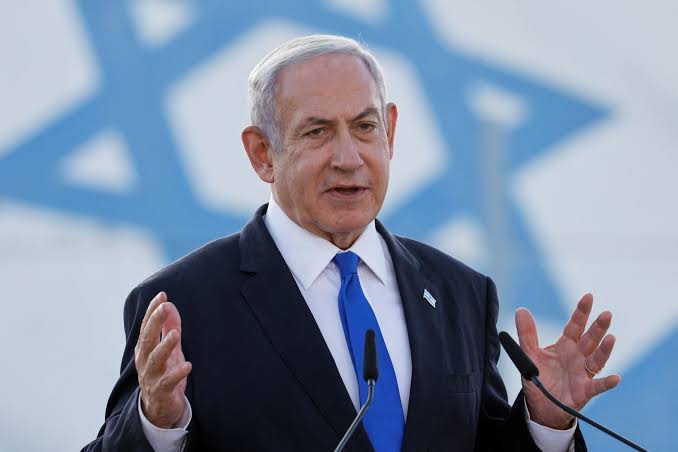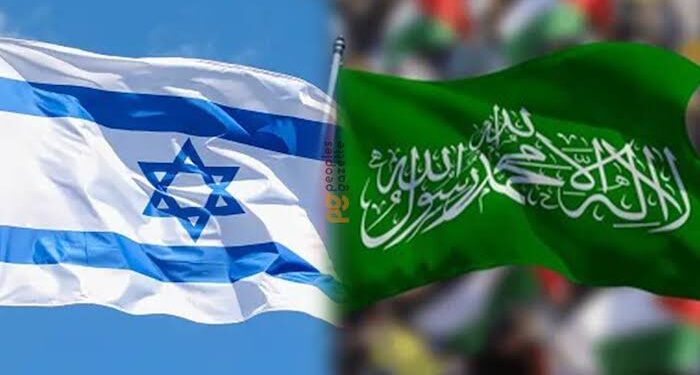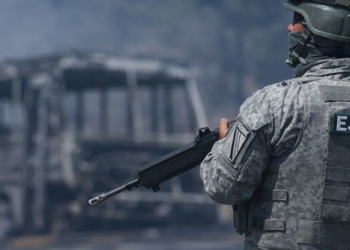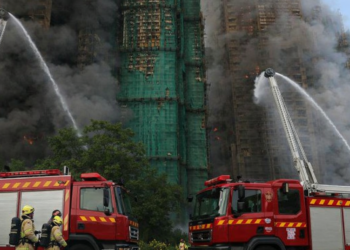Palestinian group Hamas has stated that any resumption of ceasefire talks concerning the Gaza conflict should be based on previously agreed-upon plans rather than new negotiations. They have requested that mediators present a plan based on the proposal previously made by the United States.
Last week, mediators from Egypt and Qatar encouraged both sides to return to ceasefire discussions. While Israel agreed to send delegates to the table on Thursday, Hamas has expressed reluctance. They argue that they had already agreed to the proposal from the mediators on May 6 and accuse Israel of seeking additional rounds of negotiations or new proposals to mask its aggression and prolong the conflict.

Hamas claims to have been “committed to making the efforts of mediators Egypt and Qatar successful in reaching a ceasefire agreement.” They assert they have shown flexibility and positivity to meet the goals and interests of their people. Initially, Hamas had insisted on a ceasefire before negotiations, a stance Israel rejected. The continuation of the war amid negotiations was seen as a potential breakthrough towards peace, but Israel has maintained its position on defeating Hamas before agreeing to a ceasefire.
In response to the latest proposal for ceasefire talks, Hamas stated they have addressed the negotiations proposed on July 2 and called on mediators to submit a plan based on the proposals made that day, in alignment with US President Joe Biden’s statements and the UN Security Council’s resolution. They also urged mediators to pressure Israel to accept their proposals.
An Israeli senior official involved in the negotiations suggested that Hamas’ announcement might be a strategic move, possibly linked to potential actions by Iran and Hezbollah, aimed at securing better terms for the deal. The official added, “If Hamas does not come to the table, we will continue to crush their forces in Gaza.”
However, sources informed the BBC that new Israeli conditions, including the screening of displaced Palestinians returning to northern Gaza and control over the Philadelphi corridor bordering Egypt, have become significant points of contention.
Israel’s firm stance on defeating Hamas before agreeing to a ceasefire highlights the ongoing tension and mistrust between the parties. The inclusion of new conditions, such as the screening of returning Palestinians and control over the Philadelphi corridor, indicates Israel’s efforts to address security concerns and strategic interests, but these demands have become sticking points in the negotiations. However, Hamas’ accusation that new negotiations or proposals serve to “cover” Israel’s aggression gives more valid points to the ongoing mistrust and suggests that Israel is using diplomatic talks as a smokescreen for its military objectives.
The ongoing tension, mistrust, and hesitance in the ongoing conflict reflect broader concerns about the effectiveness and sincerity of international mediation efforts in the context of a protracted and deeply rooted conflict.
Overall, the situation remains fluid and highly sensitive, with each side maneuvering to strengthen its position and influence the terms of any potential agreement. The path to a sustainable ceasefire and lasting peace will likely require addressing these core issues and finding a mutually acceptable framework for resolution.

















